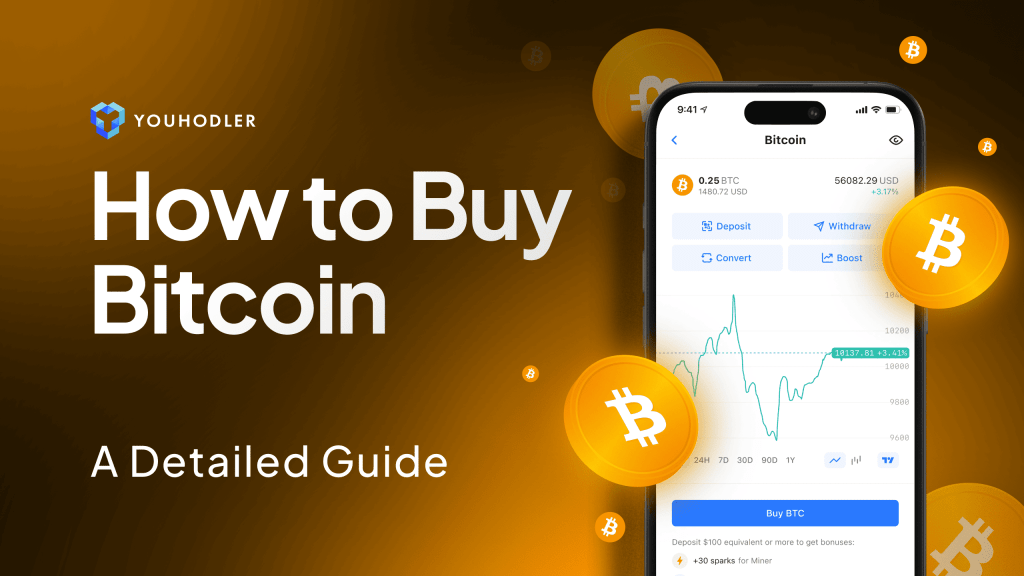How to Get Bitcoin: A Comprehensive Guide to Acquiring Cryptocurrency
Ready to get bitcoin? Our guide breaks down the easiest, safest ways to get bitcoin. Start your crypto journey now!

The world of cryptocurrency can often feel like navigating a complex maze, with terms and processes that seem deliberately obscure. Understanding how to properly **bitcoin get**, or acquire Bitcoin, is crucial for anyone looking to enter this digital realm. This process isn’t as straightforward as simply buying something online; it involves choosing the right platform, understanding transaction fees, and ensuring the security of your digital assets. Let’s delve into the various methods for you to **bitcoin get**, and explore the nuances of each approach.
Different Avenues to Acquire Bitcoin
There are several ways to obtain Bitcoin, each with its own set of advantages and disadvantages. The best method for you will depend on your individual circumstances, including your risk tolerance, technical expertise, and available resources.
Centralized Exchanges
Centralized exchanges are the most popular method for purchasing Bitcoin. These platforms act as intermediaries between buyers and sellers, providing a relatively user-friendly interface and a wide range of trading options.
- Pros: High liquidity, ease of use, various order types.
- Cons: Custodial risk (exchange holds your Bitcoin), potential for hacking, regulatory scrutiny.
Decentralized Exchanges (DEXs)
DEXs offer a non-custodial alternative to centralized exchanges. They operate on blockchain technology, allowing users to trade directly with each other without the need for an intermediary.
- Pros: Greater privacy, lower custodial risk, censorship resistance.
- Cons: Lower liquidity, more complex to use, potential for impermanent loss.
Peer-to-Peer (P2P) Marketplaces
P2P marketplaces connect buyers and sellers directly, allowing them to negotiate prices and payment methods.
- Pros: Flexible payment options, potential for better prices, increased privacy.
- Cons: Higher risk of scams, slower transaction speeds, requires more due diligence.
Bitcoin ATMs
Bitcoin ATMs allow you to purchase Bitcoin using cash or a debit card. These ATMs are becoming increasingly common, providing a convenient way to acquire Bitcoin for those who prefer not to use online exchanges.
- Pros: Convenient, anonymous, no need for a bank account.
- Cons: High fees, limited availability, potential security risks.
Comparison of Bitcoin Acquisition Methods
| Method | Pros | Cons |
|---|---|---|
| Centralized Exchanges | High liquidity, easy to use. | Custodial risk, potential for hacking. |
| Decentralized Exchanges | Greater privacy, lower custodial risk. | Lower liquidity, more complex to use. |
| P2P Marketplaces | Flexible payment options, better prices. | Higher risk of scams, slower transactions. |
| Bitcoin ATMs | Convenient, anonymous. | High fees, limited availability. |
Security Considerations When Acquiring Bitcoin
Regardless of the method you choose, it’s crucial to prioritize security when acquiring and storing Bitcoin.
Wallet Security
* Choose a reputable wallet with strong security features.
* Enable two-factor authentication (2FA).
* Keep your private keys safe and offline.
Exchange Security
* Research the exchange’s security track record.
* Use a strong password and enable 2FA.
* Withdraw your Bitcoin from the exchange as soon as possible.
Phishing Awareness
* Be wary of phishing emails and websites.
* Never share your private keys or passwords.
* Double-check the website address before entering any sensitive information.
Ultimately, the decision on how to **bitcoin get** rests with you, and should be based on a careful evaluation of your own needs and risk tolerance. By understanding the different methods available and prioritizing security, you can confidently navigate the world of Bitcoin and participate in this exciting new technology.
Here’s a continuation of the article, incorporating HTML tags and adhering to the previous instructions:
TAX IMPLICATIONS OF ACQUIRING BITCOIN
While the focus is often on how to acquire Bitcoin, understanding the tax implications is equally vital. The tax treatment of Bitcoin varies depending on your jurisdiction, and it’s crucial to stay informed about the relevant regulations in your area. Generally, Bitcoin is treated as property for tax purposes, meaning that any gains or losses you realize upon selling, trading, or using it are subject to capital gains taxes.
KEY TAX CONSIDERATIONS
– Capital Gains Tax: Any profit you make from selling Bitcoin is typically subject to capital gains tax. The tax rate will depend on how long you held the Bitcoin before selling it (short-term vs. long-term capital gains).
– Income Tax: If you receive Bitcoin as payment for goods or services, it’s considered taxable income. The fair market value of the Bitcoin at the time you receive it is what you’ll need to report.
– Record Keeping: Meticulous record-keeping is essential. Keep track of all your Bitcoin transactions, including the date, time, price, and purpose of each transaction. This will make it easier to calculate your capital gains or losses when you file your taxes.
THE FUTURE OF BITCOIN ACQUISITION
The ways in which people **bitcoin get** are constantly evolving. As the cryptocurrency landscape matures, we can expect to see new and innovative methods emerge, offering greater convenience, security, and accessibility. The increasing adoption of Bitcoin by institutional investors is also likely to influence how individuals acquire it, potentially leading to more sophisticated and regulated platforms.
EMERGING TRENDS
– Integrated Brokerage Accounts: Traditional brokerage accounts are starting to offer Bitcoin trading, making it easier for investors to diversify their portfolios.
– Stablecoin Integration: Using stablecoins to purchase Bitcoin can reduce volatility and streamline the transaction process.
– Regulation and Compliance: Increased regulatory clarity will likely lead to more secure and compliant platforms for acquiring Bitcoin.
As we conclude, remember that the path to effectively **bitcoin get** is an ongoing journey of learning and adaptation. Stay informed, prioritize security, and understand the regulatory landscape to navigate this exciting and ever-changing world with confidence.




